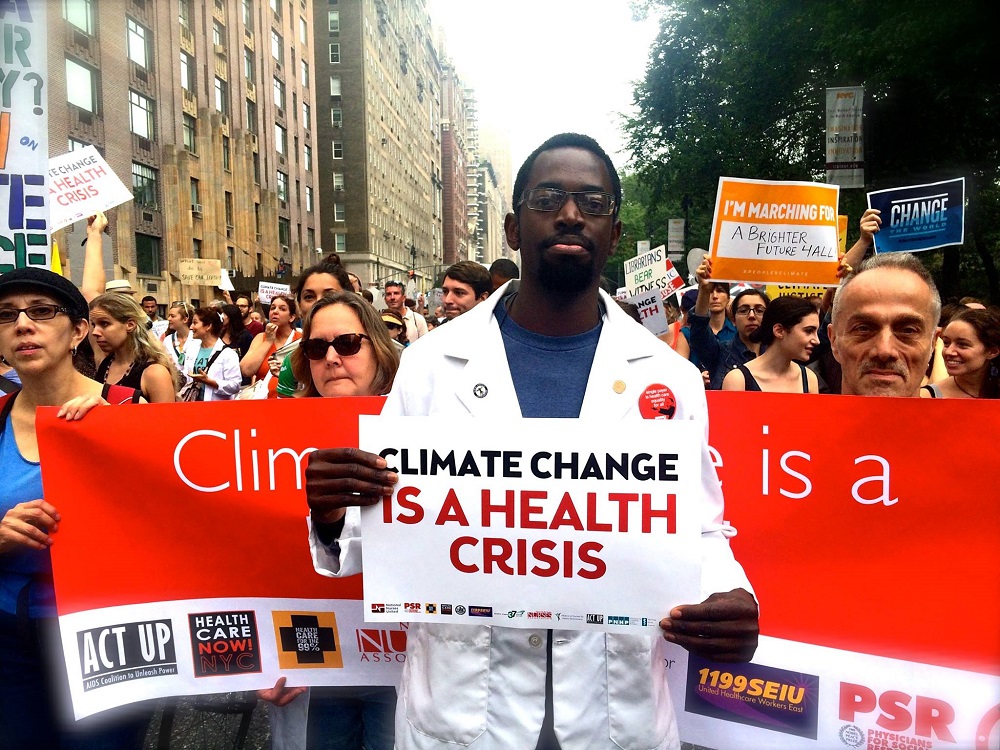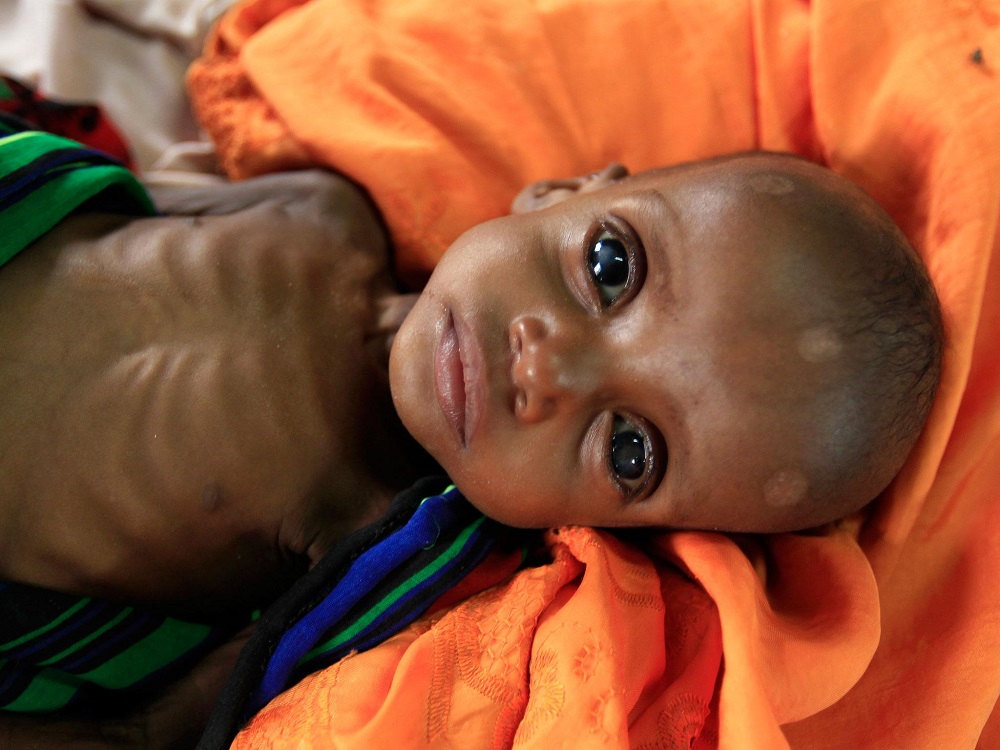It is no longer shocking to people about how climate change and public health go hand-in-hand. From reading research-based articles on how droughts are affecting the lives of people to scrolling health tips on Medium about dangerous sun exposures – We have all become well-aware that climate change is real. From environmental health threats to hotter days (where did the winter go now?) to extreme storms and floods have impacted not only our surroundings but also our lives.
Amir Sapkota, a professor at the Maryland Institute for Applied Environmental Health, says, “Climate change is impacting our communities, in our backyards, right now.”
Jonathan Patz, M.D., MPH, director of the Global Health Institute at the University of Wisconsin, is an expert on climate change and public health shares his view: “It’s so important that people recognize that climate change is about our health. There are so many pathways through which climate impacts our health.”
Climate Change and Public Health Go Hand-In-Hand

Here are some public health issues that are in direct relation to climate change:
Heat-aggravated illnesses
Scitienst, doctors, medical health experts are constantly advising to take precautionary measures against the rising climate change effects on peoples’ lives. As the global temperature becomes warmer, hot days are expected to become even more common and severe. Health issues among people such as heat stroke and exhaustion will become regular even for the people between 25-35 years of age. It is also expected that heat stress can also lead to cause or exacerbate cardiovascular or kidney problems. Such risk factors can also make children and older adults vulnerable to the harmful effects of climate change.
Respiratory illnesses
Climate change is only going to make air quality worse if there is no reduction in greenhouse gas emission and atmospheric concentration. Warmer days will only lead to an increased amount of ground-level ozone which will further lead smog. Wildfire will start burning bigger and it will take place more frequently than ever. There will be a thousand times more dangerous particles and harmful gases in the air and allergy season will be more intensifying and in longer periods – IF PEOPLE DON’T PAY ATTENTION TO THE ALTERNATIVE WAYS OF LIVING STANDARDS.
Sapkota says, “From your respiratory health such as asthma to cardiovascular diseases to mortality, you name it, air pollution affects so many different things.” The World Health Organization has estimated that air pollution is responsible for about seven million deaths a year worldwide and found that reducing the burning of fossil fuels could avoid 2.5 million premature deaths each year by 2050.

Diseases transmitted by insects and arachnids
As places, warm-up and frost-free seasons lengthen, disease-carrying creatures like mosquitoes and ticks are expected to expand their range and activity. Michael A. Robert, an assistant professor of mathematics at the private University of the Sciences in Philadelphia, Pennsylvania, has studied risks of increased dengue transmission in the U.S. in a warmer climate. He says that warming expands the mosquitoes’ range and also can shorten the time diseases need to incubate before being transmitted.
“If it’s warmer, to a certain point anyway, the mosquitoes live longer, and the incubation period is much shorter,” Robert said. “That creates a scenario when there can be a lot more transmission.”
Tick-borne diseases are also affected by climate change. Water is also important for both mosquito and tick populations – mosquitoes depend on standing water for breeding, and ticks need humid environments to rehydrate.